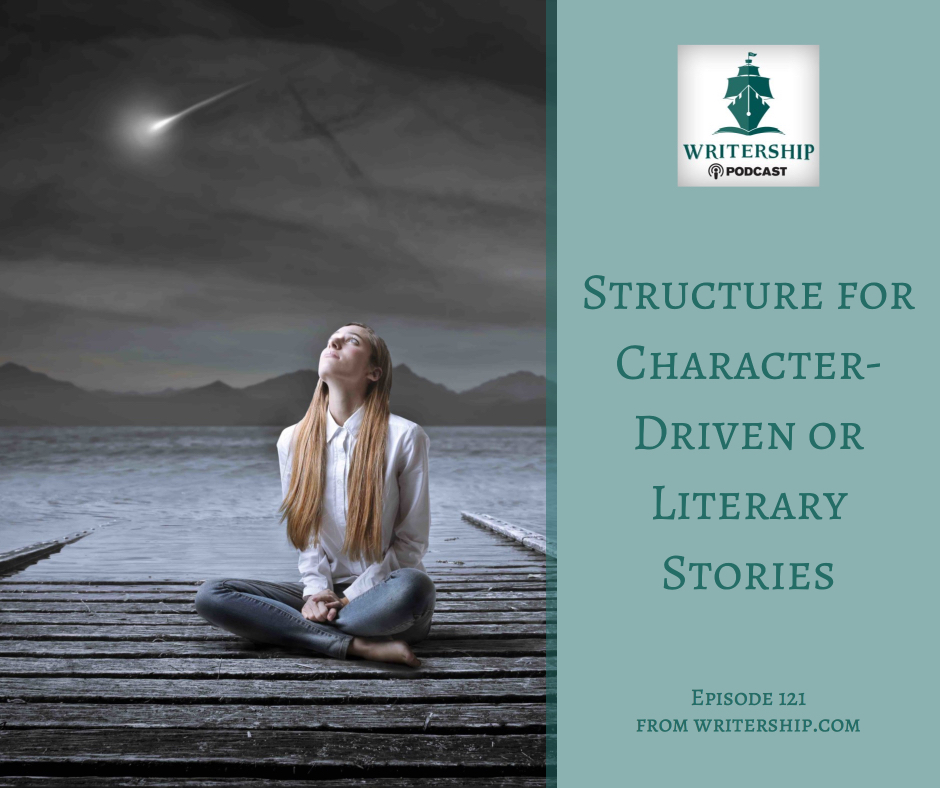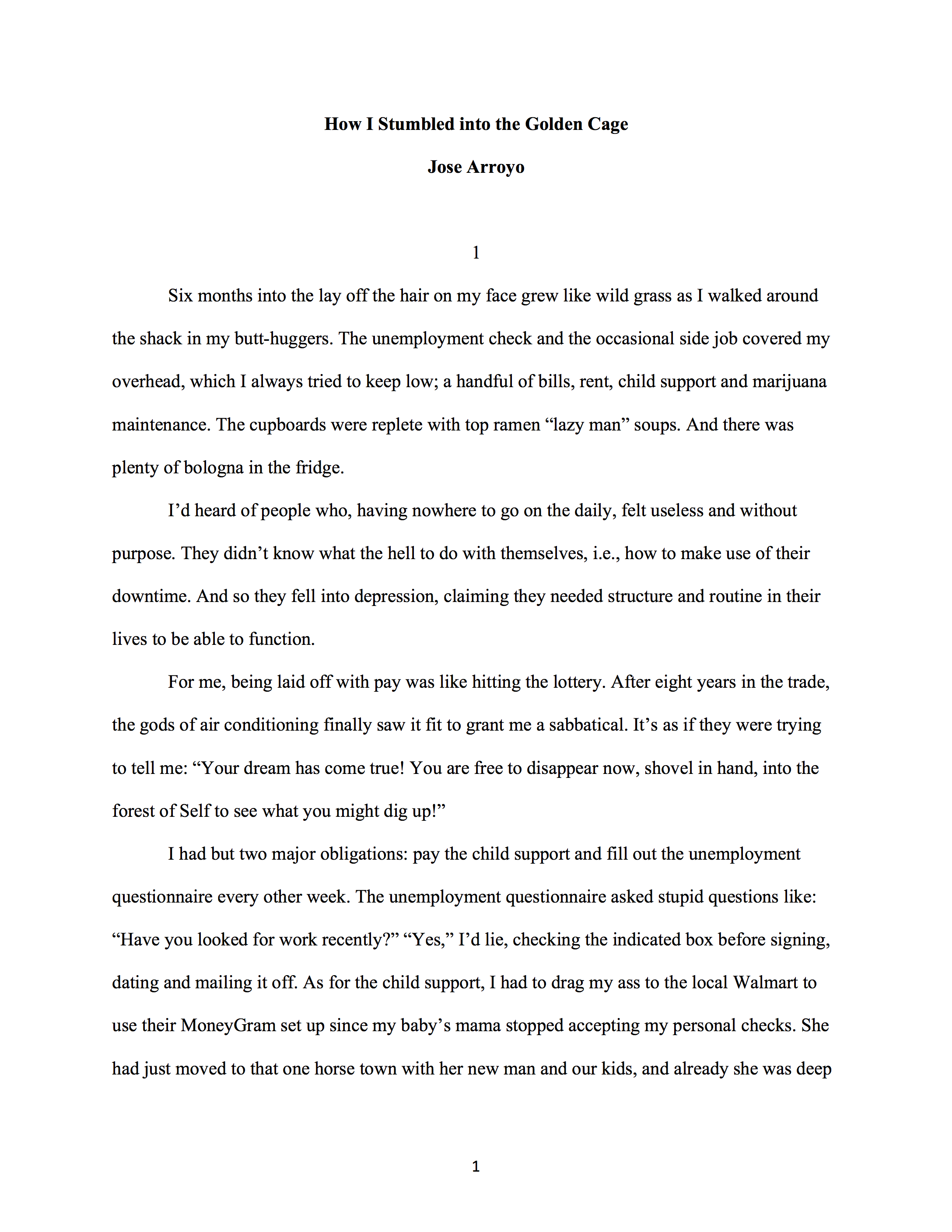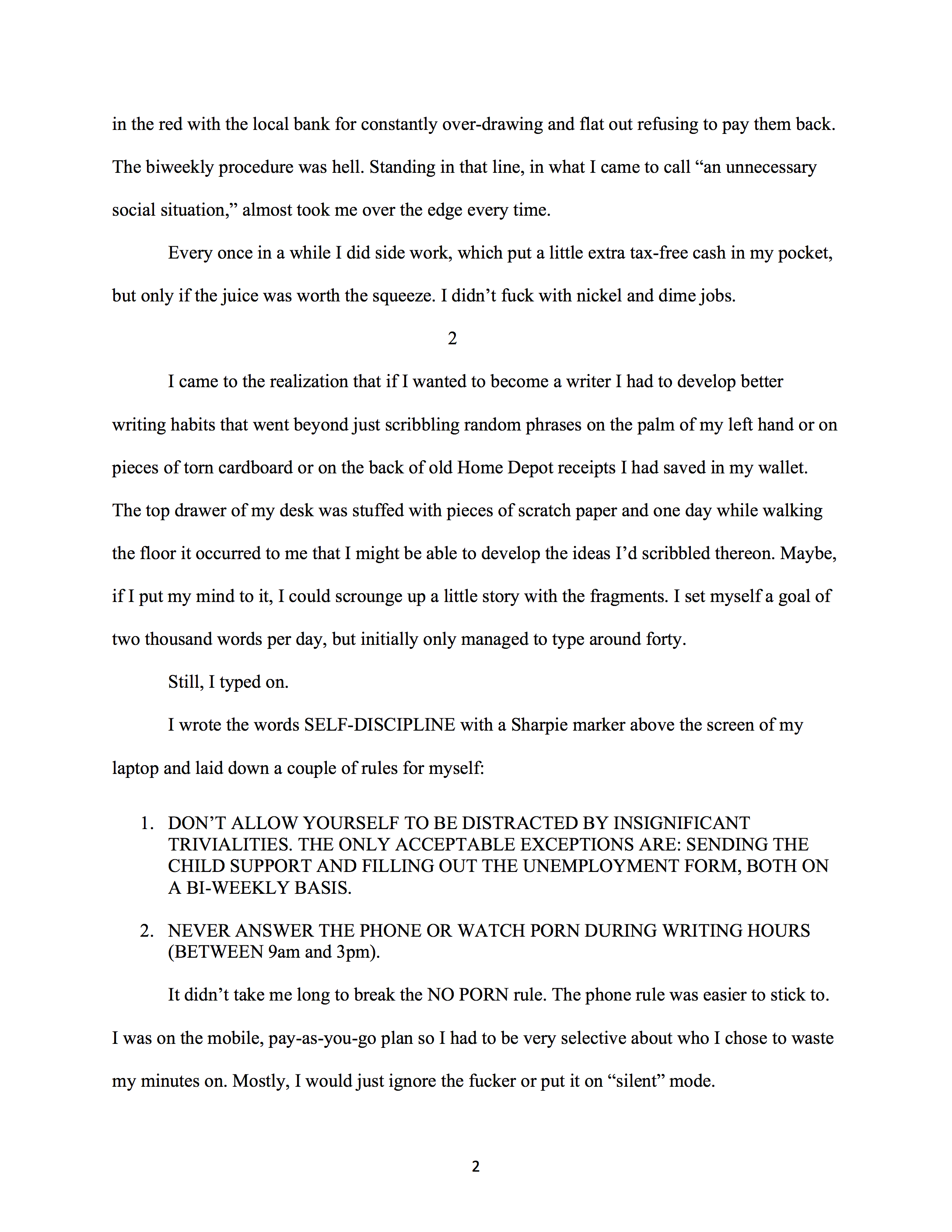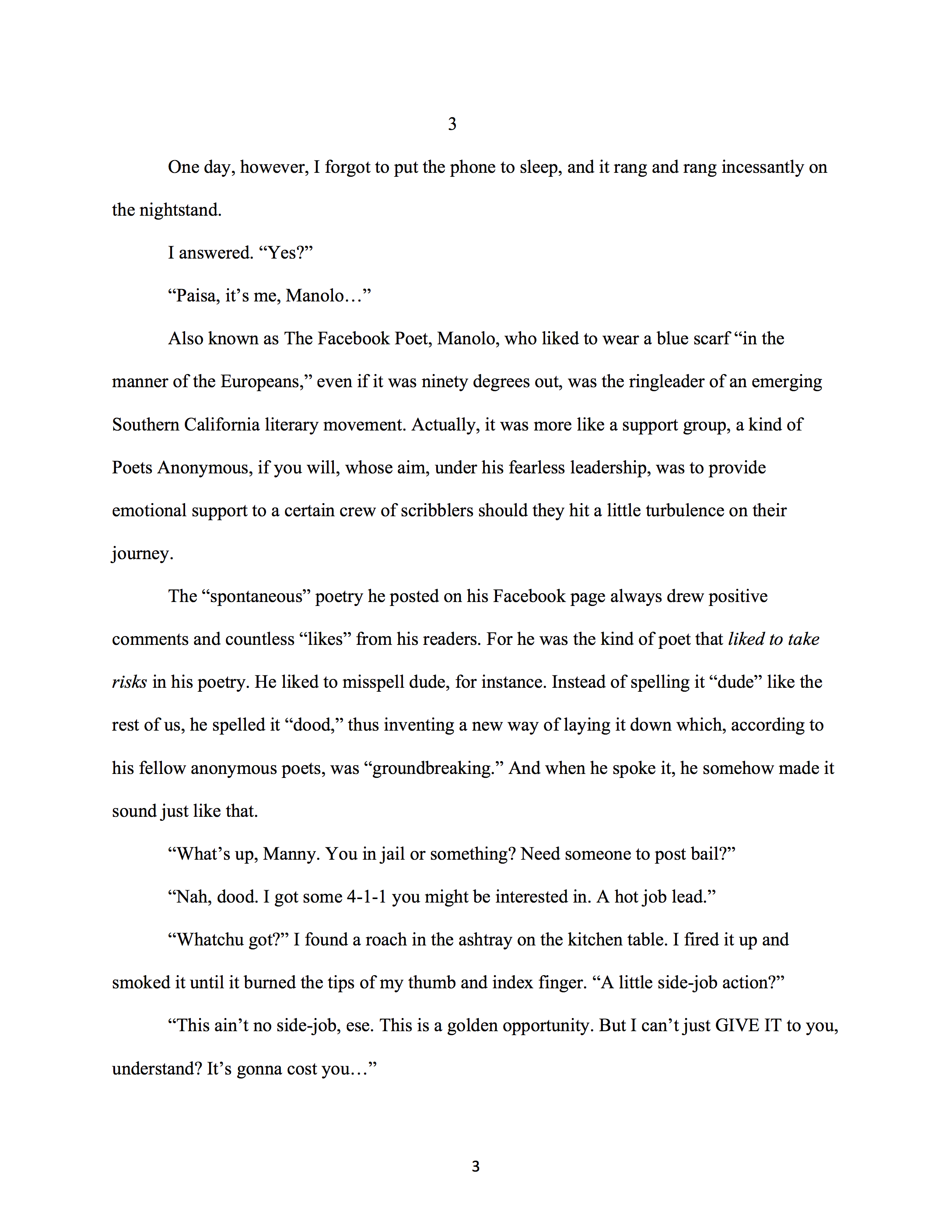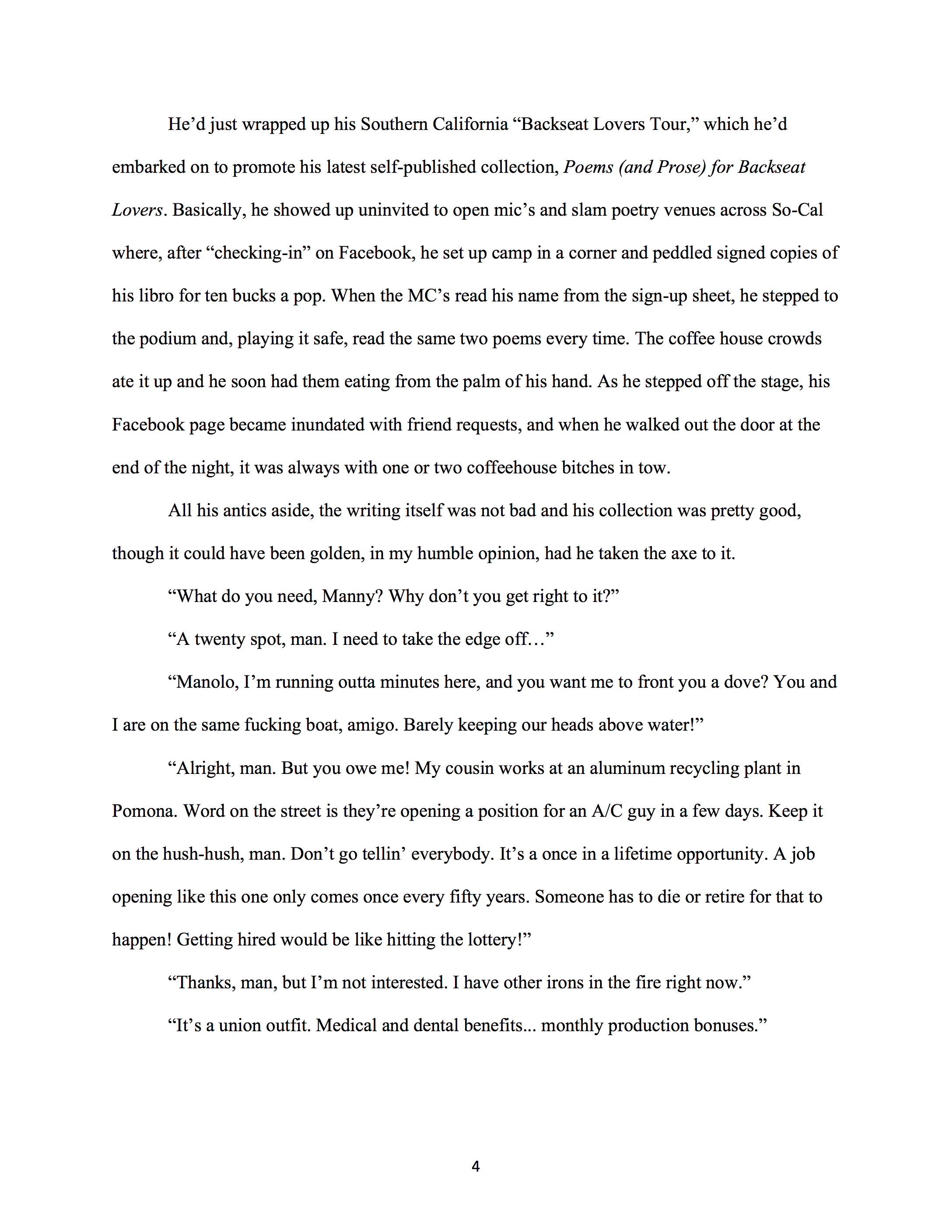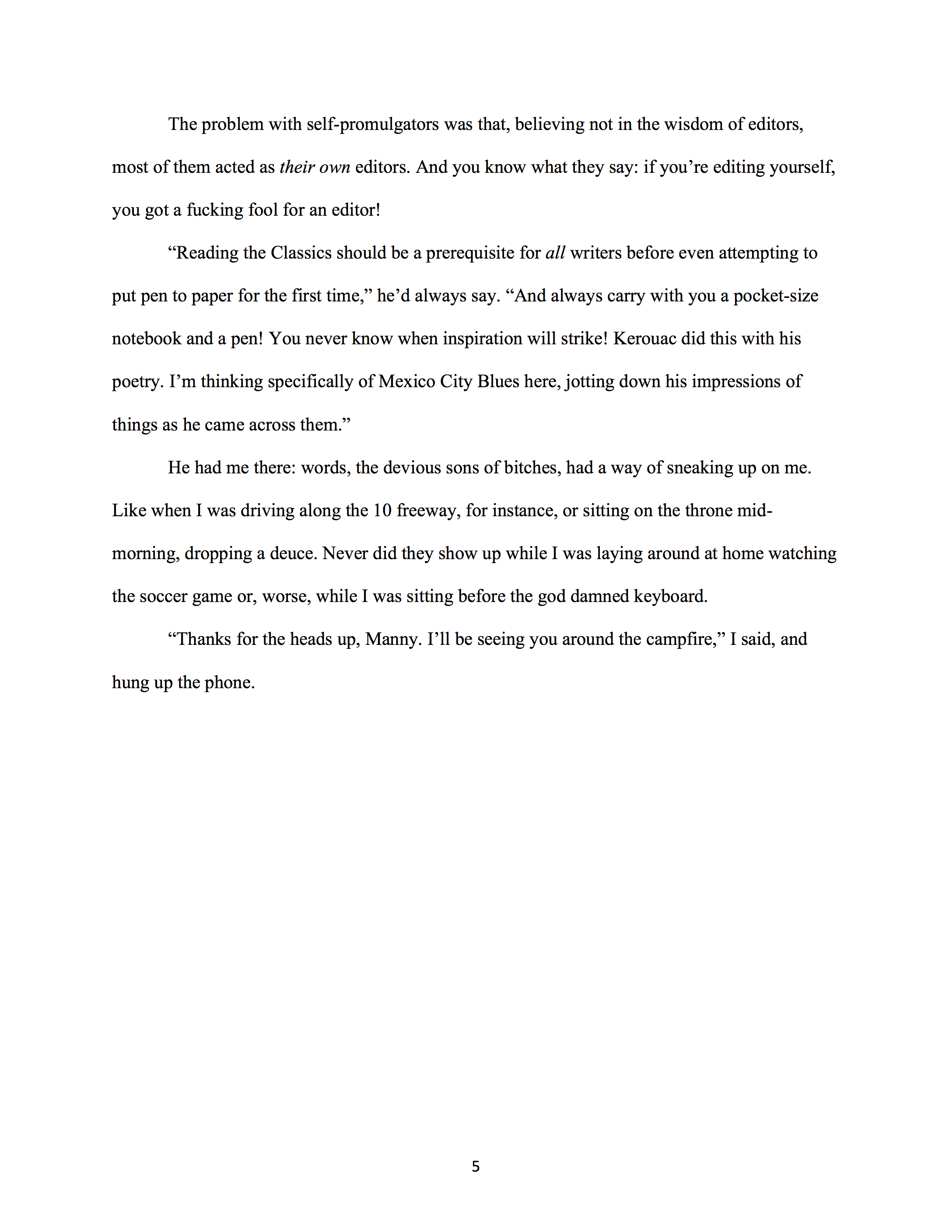In this episode, fiction editors Leslie Watts and Rachelle Ramirez critique “How I Stumbled into the Golden Cage,” a short story by Jose Arroyo. They discuss genre and how stories that emphasize the protagonist’s inner journey still need structure.
Writers of literary stories can use the steps in the Kubler-Ross grief process to plan and revise the structure of their stories and may find it’s a better fit than other systems suited to more active stories. Even if you’ve written a thriller or an action story, you can use the Kubler-Ross steps to follow your protagonist’s inner journey alongside whatever structure you use for the external events of the story.
One challenge writers face with character-driven stories is how to demonstrate the inner shifts the character experiences without over-relying on thoughts and telling. Leslie and Rachelle talk about ways to dramatize internal events to evoke certain emotions in your reader.
This week’s editorial mission encourages you to use the Kubler-Ross steps to check your protagonist’s internal journey and be sure the important events are present and adequately dramatized.
Listen to the Writership Podcast
This week's submission contains some adult language.
About Our Guest Host
Clark is taking a well-deserved break from the podcast, so today we're joined by Rachelle Ramirez, a Certified Story Grid Editor.
Rachelle has edited award winning fiction and assisted memoir writers in dramatizing their stories for the page. She is the author of the forthcoming novel White Grrrl, Black Sheep, and is currently working on a Story Grid Guide to Memoirs of a Geisha.
You can find out more about Rachelle here.
Wise Words on The Character-driven stories
“Since serious literature is less prone to “big” events than commercial fiction is, it is actually more in need of a well-constructed plot than anything Jackie Collins ever dreamed of. In literary fiction the plot must be far more layered, intricate, and finely woven in order to illuminate subtler and more nuanced themes. Character-driven novels rely a lot less on sinking ships, falling meteors, and tidal waves, and a lot more on a missed gesture, a quick nod, a moment’s hesitation—which in the hands of a great writer can feel more earth shattering than a nine-point earthquake. But make no mistake: literary fiction still revolves around an escalating series of challenges that the protagonist must brave, because no matter how keenly honed the protagonist, he still has to want something real bad.”
Mentioned on the Show
This week’s submission is narrated by C. Steven Manley, the author of the Paragons Trilogy, the Brace Cordova Space Opera series, and host of the Story Shots Podcast. You can find out more about him here.
We’re experimenting with this feature, so please let us know what you think!
Synopsis for this week's submission
Pepe is laid off from his job as an air conditioning installer, and though he chooses to see it as an opportunity to pursue his writing, he struggles, but when his unemployment benefits are cut off, he must decide whether to give up his dream of being a writer or take a job that offers him no fulfillment to support himself and his children.
Extra resources
Hooked by Les Edgerton has great advice for dramatizing story openings.
Wired for Story: The Writer's Guide to Using Brain Science to Hook Readers from the Very First Sentence by Lisa Cron provides information and advice for crafting fiction that meets your reader’s expectations.
Kübler Ross's stages of grief
The Writership Index
Listeners have asked for an index of the podcast episodes and the topics discussed, so we've put together a Google spreadsheet containing details of each episode, its airdate, author name, story title, genre, story type, published location, author website, and topics discussed. Get access to the spreadsheet here.
Join the Writership Book Club!
Join the Writership Quarter Masters Book Club! Each month I'll choose a book from your suggestions. We'll read it and, together in a (virtual) book club meeting, analyze it the way I would for a Story Grid Diagnostic.
In December we're tackling crime stories. For more information, visit our Patreon page.
Editorial Mission—Showing Internal Change with External Actions
Look at the internal change that your protagonist goes through, and test it against the Kubler-Ross stages of grief or (change metabolism).
Shock
Denial
Anger
Bargain
Depression
Deliberation
Choice
Integration (Or not)
If anything is missing or is revealed, ask yourself how you dramatize this externally.
Editing Advice to Our Author
Hi José,
Thank you so much for your submission! This is such a great setup for a story, one that so many writers can relate to. You balance the humor and the seriousness of the situation well. Pepe faces a difficult decision, yet you handle it in a light-hearted way that makes it feel more approachable than a dramatic story might.
Rachelle noted the lovely balance of specificity in details and characterization and how they set up the character arc and global story. The “butthuggers” made us chuckle and helped us see Pepe clearly and get to know him.
When we looked at the story and considered the elements and your synopsis, it sounded like a Status story to us. Pepe is a somewhat disadvantaged protagonist who wants to improve his lot in life, and the story explores the price he has to pay in order to do so. This is not the only story you could tell with this premise, but because it’s the one suggested by the synopsis, we explored this.
The Status story is an internal content genre, which means it focuses on the change the main character experiences within as a response to the external events. When the inner journey is the main focus, it can help to look at the story a little differently. You could use the hero’s journey, but to shake things up, we looked at the Kübler-Ross model for processing grief as modified for story structure.
Let me give you a little context for this because it would not be unreasonable to assume that story structure and how humans process grief are unrelated. Elisabeth Kübler-Ross was a psychiatrist who introduced the idea that people go through phases when processing grief in her 1969 book, On Death and Dying. She identified several phases, though she later concluded they don’t necessarily unfold in a linear way. Kübler-Ross later recognized that any form of personal loss causes a similar progression, and other academics have applied the same process to change in most areas of life.
Stories are about change and how people process or metabolize it. So considering the phases of a person’s internal response to change is a great way to think about your character’s response to the inciting incident, which, for better or worse, throws the character’s life or world out of balance.
ShockDenialAngerBargainDepressionDeliberationChoiceIntegration (or not, depending on how the story is resolved)
To make the story as powerful as it can be, it’s best for these events to take place onstage, rather than hearing about them in summary after the fact.
These steps provide a great framework for the story, but we are talking about the character’s internal reaction to external events. With certain point of view choices, we have access to the character’s thoughts and feelings, but the better approach is to find ways to dramatize externally what’s happening to the character inside. Rachelle and I thought of some ways these events couls be dramatized and written within scenes that take place onstage. These are just ideas based on what we read, and you probably have even better ones.
Shock: Dramatize the moment with Pepe is laid off. His boss might feel guilty or nervous about being the one to tell him, but inside (in a subtle or obvious way), Pepe sees it as his big chance.
Denial: Pepe is struggling to write and gets the phone call from Manny. Instead of telling us Manny’s backstory, consider showing with dialogue in which Manny offers his best advice.
Anger: Pepe receives the notice that his unemployment benefits have been cut off. Showing him receive the call or a letter and seeing what he does and says could be powerful.
Bargaining: This could be the conversation that Pepe has with Manny at King Taco.
Depression: You could show this by having Pepe take the job, in his mind temporarily, and having him realize that he’s not good at trouble-shooting, but only installing.
Deliberation: Show Pepe mulling over his choices by looking through the desk of his predecessor and choosing not to “move in” officially. Or consider showing him receiving word that his kids have a greater need even than the unemployment checks could cover.
Choice: Show that moment when Pepe chooses the job over his writing. Maybe he’s about to read at an event with Manny, and he receives an emergency call where he has to leave if he wants to keep the job.
Integration: You could show Pepe moving his things into the desk that he had previously declined to occupy.Again, these are just ideas to play with. You have so many great elements in the story now, and you could make it stronger by dramatizing the events that demonstrate his internal journey.
One other item to look out for is smoothing paragraph-level transitions between what’s happening in the scene onstage and what Pepe is thinking about or remembering. I’m particularly thinking about Manny’s phone call and what we learn about Manny. This might change if you rewrite the scene, but I wanted to mention it as something to make the scene stronger.
Thanks again for sharing your story world with us and for trusting us with your words!
All the best,
Leslie
Our Literary Story
(There are no line edits this week as we focused on overall structure instead.)
Image courtesy of olly2/bigstockphoto.com.
